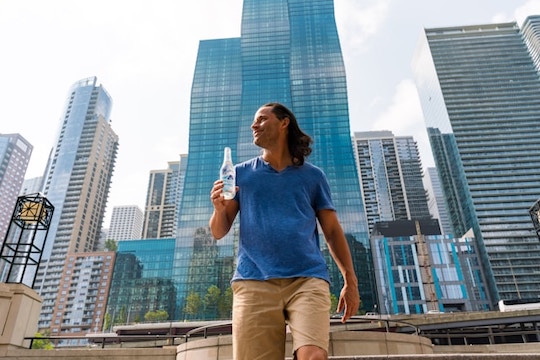“Habits are first cobwebs, then cables.”
—Spanish proverb
When we first go about creating a new habit, we often find it difficult. The behaviors we hope to embody are fragile and are easily broken. Eating well, exercise, and even flossing can be fraught with all sorts of false starts and missteps.
When we try to break our bad habits, we also run into difficulties.
Impulse shopping, excessive media exposure, and various forms of overindulgence seek to grab us and hold us captive in their alluring grasps.
EXERCISE:
Create a list of your healthy and unhealthy habits.
Select one habit you wish to establish and one you intend to discard.
Consider reading or re-reading Atomic Habits by James Clear or The Power of Habit by Charles Duhigg to optimize your efforts and likelihood of success.












